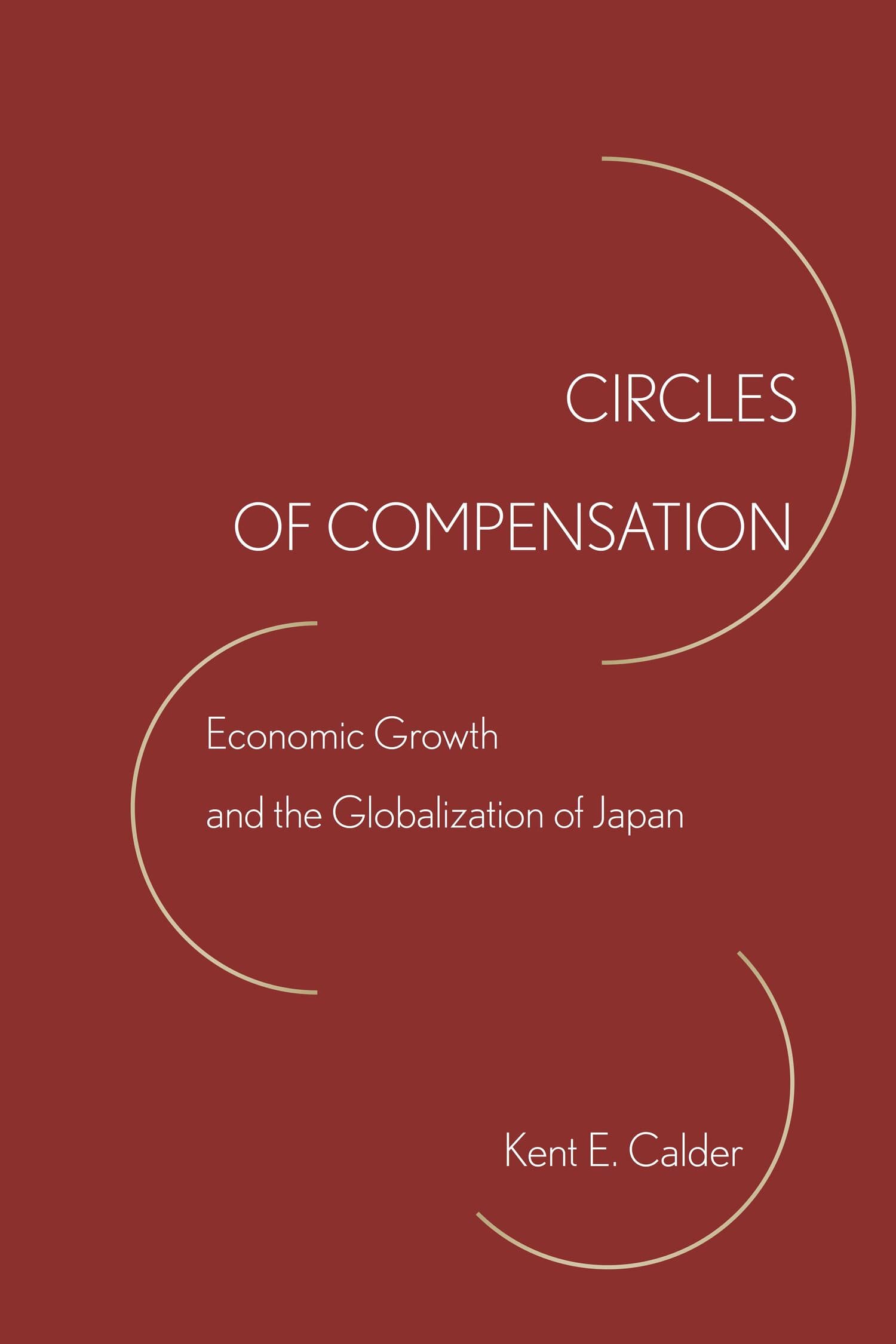Manipulating Globalization

The era of globalization saw China emerge as the world's manufacturing titan. However, the "made in China" model—with its reliance on cheap labor and thin profits—has begun to wane. Beginning in the 2000s, the Chinese state shifted from attracting foreign investment to promoting the technological competitiveness of domestic firms. This shift caused tensions between winners and losers, leading local bureaucrats to compete for resources in government budget, funding, and tax breaks. While bureaucrats successfully built coalitions to motivate businesses to upgrade in some cities, in others, vested interests within the government deprived businesses of developmental resources and left them in a desperate race to the bottom.
In Manipulating Globalization, Ling Chen argues that the roots of coalitional variation lie in the type of foreign firms with which local governments forged alliances. Cities that initially attracted large global firms with a significant share of exports were more likely to experience manipulation from vested interests down the road compared to those that attracted smaller foreign firms. The book develops the argument with in-depth interviews and tests it with quantitative data across hundreds of Chinese cities and thousands of firms. Chen advances a new theory of economic policies in authoritarian regimes and informs debates about the nature of Chinese capitalism. Her findings shed light on state-led development and coalition formation in other emerging economies that comprise the new "globalized" generation.
"This book should be required reading for anyone hoping to understand how China's relations to foreign capital work in practice. It represents the next generation of research, showing how the strategies of local governments vary fundamentally across regions, how these variations are rooted in local political history, and why some are significantly more effective than others."—Peter Evans, University of California, Berkeley
"In this impressively researched and tantalizing book, Ling Chen advances capitalism literature by bringing it to subnational development in China. She offers this key development lesson: choices made in the early stages of economic liberalization profoundly shape the subnational political economy for years to come."—Edmund Malesky, Duke University
"Contrary to the popular image, Chinese localities vary tremendously in their interactions with the global economy. In the past two decades, Beijing has moved from pressing Chinese cities to attract FDI at all costs to upgrading capacity through "indigenous" innovation. Ling Chen gives a masterful account of the interaction of local governments, firms, and vested international coalitions, and why Beijing's new direction could be welcomed in some areas, but not others."—Margaret M. Pearson, University of Maryland
"One of China's key challenges is managing the shift away from export-led manufacturing toward more profitable, innovation-rich industrial policies. Despite intense leadership attention, implementation remains puzzlingly mixed at best. In this wonderful book, Ling Chen takes us to the very nexus of this shift, arguing that the size of locally-investing foreign firms influences and reinforces coalitions of local bureaucrats, leading some locales to foster and others to stifle these national policy priorities."—Andrew Mertha, Cornell University
"Manipulating Globalizationcontributes to the best of subnational research in the study of both China's political economy in particular and social science generally. [Chen's] approach contributes to growing concerns that the strategies producing political compliance and economic success in one period have serious consequences for subsequent stages of development, especially for countries developing in the age of globalization, where managing domestic and international firms presents additional challenges."—Michael Thompson-Brusstar, H-Diplo
"Ling Chen has produced a well-researched and highly detailed account of the ways in which, among other things, China's local bureaucrats have responded to the incentives placed before them by central policy-makers...The book certainly sheds further light on the nature of Chinese capitalism and, more generally, the nature of the developmental state. This type of research can really help us better appreciate Chinese development."––Dylan Sutherland, The China Quarterly
"Manipulating Globalization advances our understanding of business-state relations, interest-group politics and industrial policies in contemporary China. It should be on the reading list of any scholar interested in these topics."—Yue Hou, Perspectives on Politics
"By opening the black box of state and exploring the interaction between government and businesses, Manipulating Globalization advances our understanding of internal driving factors of economic development in an authoritarian regime, which also provides a vivid explanation for the dynamic state–market relationship. How an emerging economy such as China integrates itself into a new globalized world, while still preserving autonomous policies, remains an appealing puzzle. Chen's book provides one feasible and interesting explanation."—Wei Li, China International Strategy Review
"Rich in its data, authoritative in its argumentation, thorough in its investigation, and important in its findings about globalization and structural economic transformation of China, Chen's work constitutes an essential reading on Chinese political economy."—Vasilis Trigkas, Pacific Affairs




